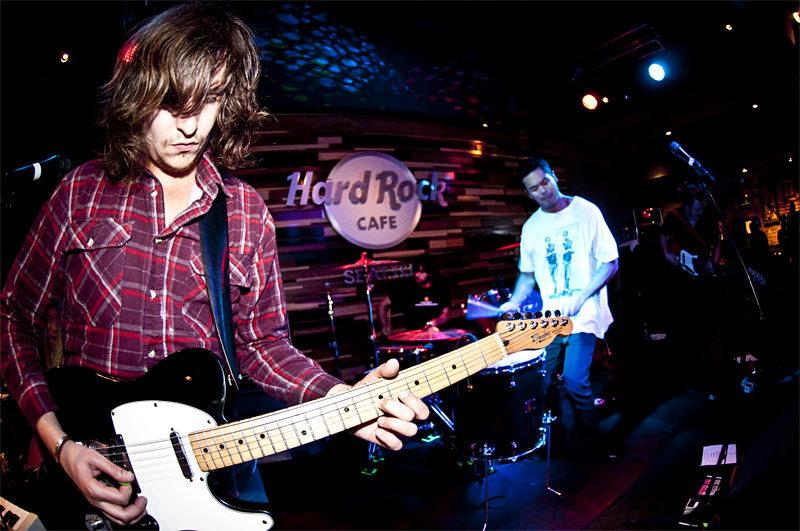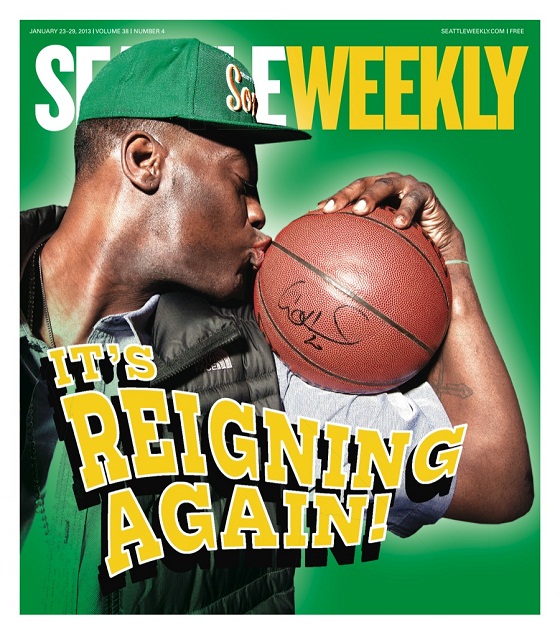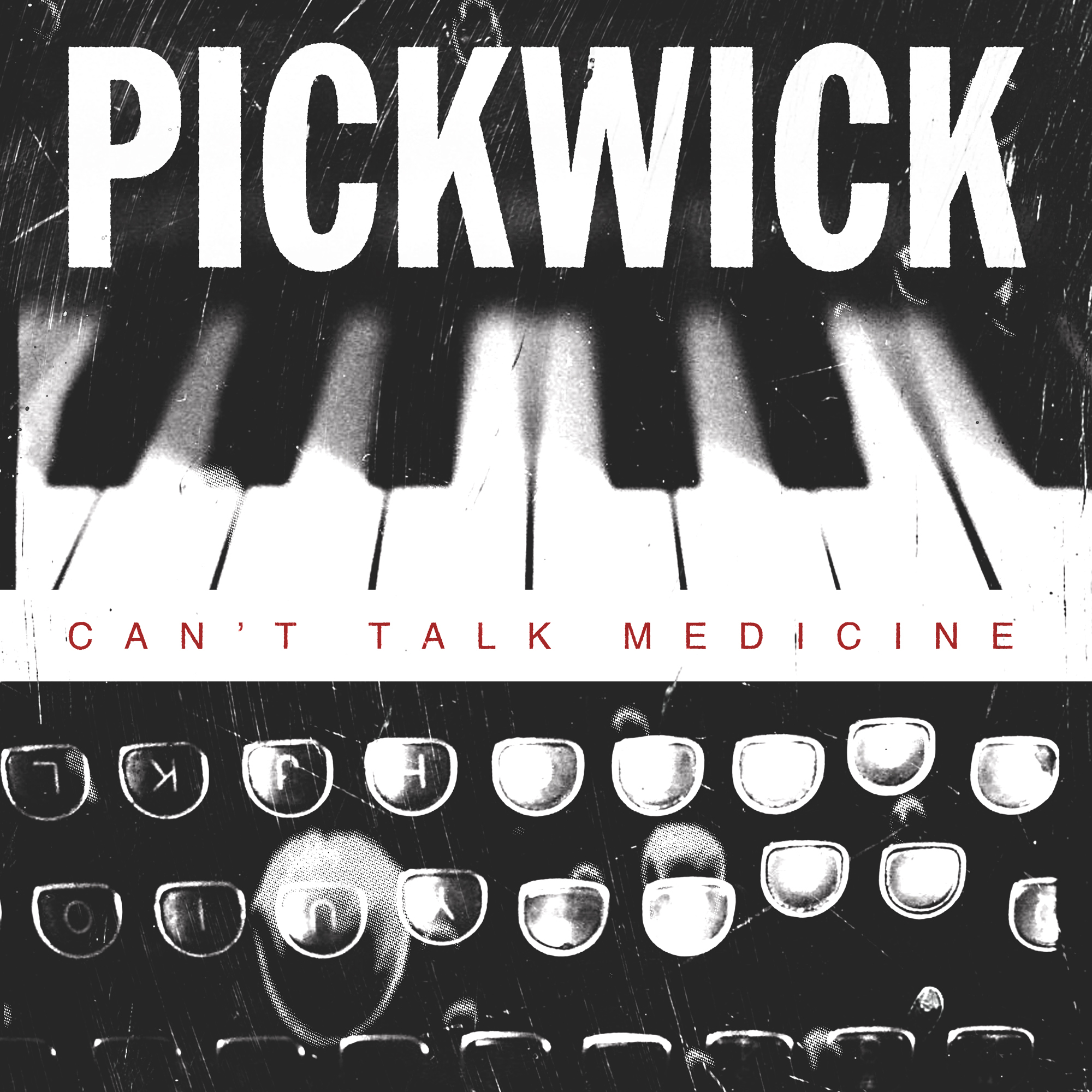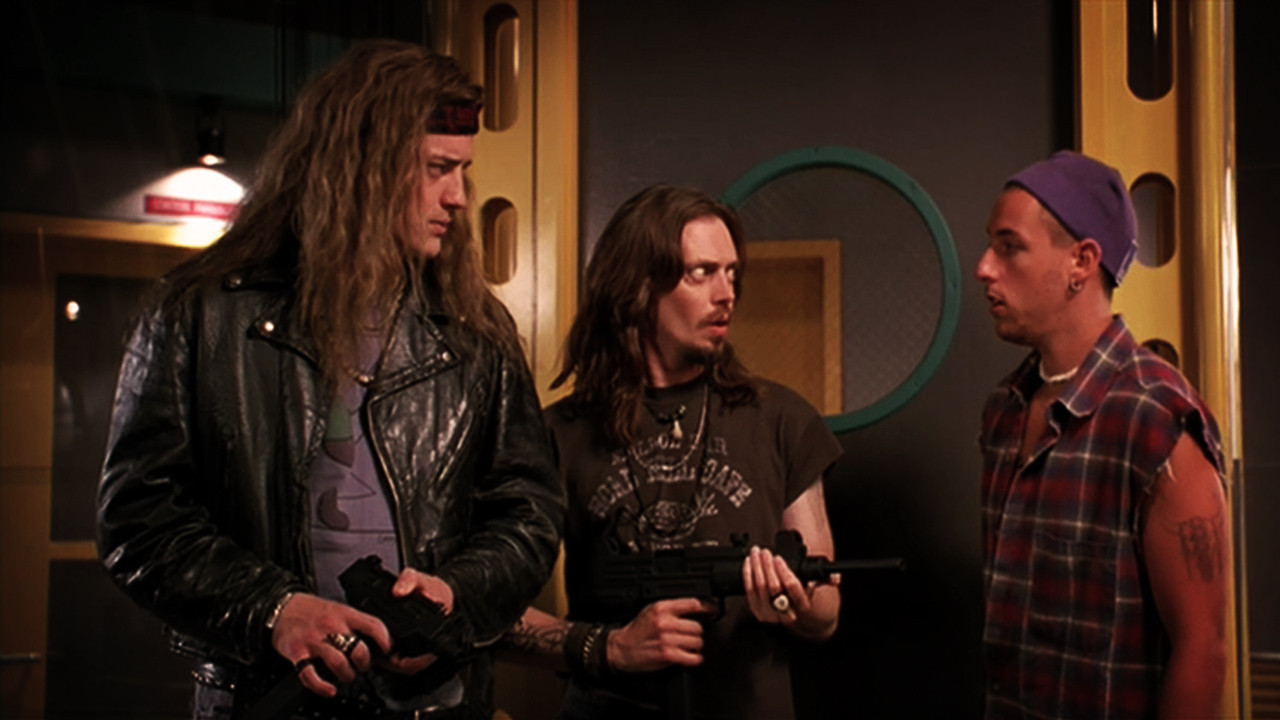The 64-foot tour bus belonging to Australian pop-rock band Temper Trap recently pulled through the alley that the Hard Rock Cafe shares with Déjà Vu’s Showgirls, poked its nose through the tourists, and attempted to take a left onto Pike Street. It tried at least three times. It bumped into at least one tree. And it made no progress.
“You know, it’s the little things you have to figure out in the beginning,” says Amy Bauer, the Hard Rock’s marketing director and talent buyer, and the woman who booked The Temper Trap to play for 107.7 listeners who won a ticket giveaway.
The Temper Trap was the first out-of-town act to play the Hard Rock, which sits about a block east of Pike Place Market. But it will be far from the last, as Bauer has ambitious plans for the second-floor restaurant/nightclub. In addition to Tuesday-night residencies by local bands—Red Jackete Mine was the featured repeater in March—she’s planning to keep the room full three or four nights a week with all manner of performers. Local band Kay Kay and His Weathered Underground plays Fri., April 2, and Magic Carpet Ride, featuring former Steppenwolf keyboardist Goldy McJohn, plays April 30.
But some members of the local club scene aren’t taking kindly to a national chain sweeping into town and potentially stealing shows in an already crowded market.
“My only question would be: Is a corporate chain entity going to be accepted in a very close-knit and organic, insular community?” asks Dana Sims, the owner of El Corazon.
“It’s a Seattle mentality that I haven’t wrapped my head around yet, because it’s like, ‘Oh, we don’t want anyone here that’s corporate,’ but yet you live in a city that has Amazon, Nintendo, Starbucks, and Microsoft,” counters Bauer, who grew up in Pennsylvania. “It’s like you’re a contradiction to your own self in this city. I understand you want to be very independent, but all those businesses are what drive this city.”
Bauer’s new room has provoked the ire of Crocodile publicist Kerri Harrop, who took to Twitter on the February day members of the media were given a peek inside the Hard Rock: “Other than a rooftop deck, could there be anything lamer than the Hard Rock Cafe? SERIOUSLY.”
In a recent interview with Harrop—a former SW employee who also manages local party-rappers Mad Rad—and Croc owner Marcus Charles, the pair said they felt snubbed when the Hard Rock didn’t invite anyone from the Croc to their opening festivities or to tour the new space.
“They should have invited us to their damn party,” Harrop says. “We’re their nearest neighbors outside of the Showbox. It’s like, come on, you can’t invite us over for a basket of fries or whatever?”
Bauer says she invited Croc booker Eli Anderson to Hard Rock’s friends-and-family event on February 8, the day the media got its first gander. Anderson says he didn’t receive an invite. But Showbox talent buyer Chad Queirolo saw the space that day, and has a bit more positive perspective. “I truly don’t think the Hard Rock will displace anything from traditional touring venues like the Croc or Neumos or Showbox,” Queirolo says. “It’s a great little showcase space and a great special-events place, and I’m happy to see something that has long-term viability on that stretch of Pike Street.”
Yet Charles says he’s not too worried about losing business to the Hard Rock. In fact, he believes they’ll quickly learn that their club is better suited for private parties and will soon give up on shows. “They’re not a rock club, they’re a restaurant,” he says. “And in the meantime, if some local bands fuckin’ take the payday and go play the fuckin’ Hard Rock, good for them. Take the money.”
The Hard Rock is never going to be the place to see a show. But it’s already the place to see a show after you polish off a $14.75 cheeseburger downstairs.
The showroom’s glossy, but no more so than the new Croc was when it debuted a year ago. And as much as Seattleites may turn up their noses at the Applebee’s of rock arriving to capitalize on a hallowed music scene, the Hard Rock brings many of the ideals locals pin to their messenger bags.
The space isn’t a cookie-cutter, like White River Amphitheater; it’s a LEED-certified building once pegged for apartments. It’s also got an original design: Not every Hard Rock has a stage or a rooftop deck, as Seattle’s does. And $1 from each $5 cover that comes in during the Tuesday-night residencies is going to a local charity, something that’s important to Sonny Votolato (brother of Rocky), the frontman of local indie-pop act Slender Means, April’s band in residence.
“It’s a charity event, plus it will give Slender Means a chance to work out our set,” says Votolato—who’s also a part-time prep cook in the Hard Rock’s kitchen, a gig that will fetch benefits for him and his four kids after six months, something most local clubs, like El Corazon and Neumos, can’t provide. “It’s been a while since I’ve had any of those.”
The Hard Rock is also not the only corporate-owned room in the city. Both Showboxes, for example, are owned by AEG Live. But El Corazon’s Sims says members of the scene give places like the Showbox a pass because they were locally grown clubs that attracted the attention of investors later in life. “It’s not like it’s called AEG Showbox,” he says. “They retained all the people that ran the place, so it still has that local flavor.”
Bauer’s no stranger to the music scene herself. Before joining the Hard Rock, she was the general manager of the now-defunct Loveless Records (owned by KEXP DJ John Richards), working with local bands like New Faces and Voyager One. While there, she co-founded the Seattle Party at South by Southwest, which this year featured the Cave Singers, Dyme Def, and the Maldives, among others.
“We’re doing a lot with local bands, and their fans are going to be the ones that come here, and their fans are mainly from Seattle,” says Bauer. “I’m not trying to take business from people; I’m really just trying to work together. Anything that I could do to help drive people to their club, on nights that I’m not doing things here, you know what I mean?”
Whether Seattle concertgoers can support another venue in a town already packed with them remains to be seen.
“We’re mostly fortunate in this town that we’re venue-rich,” says Scott Giampino, the Triple Door’s talent buyer. “Contributing another one, it’s gonna make more choices for people, so yeah, it’s gonna be more competition. All the venues are struggling already. So you’re gonna be struggling some more.”








